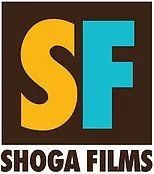The Double Entendre Blues
The Netflix adaptation of the August Wilson play, Ma Rainey's Black Bottom, has been getting a lot of awards buzz this season, and deservedly so. The song, "Ma Rainey's Black Bottom," written by Ma Rainey and presumably about the Black Bottom dance craze of the 1920s, makes joyful hay out of the obvious double entendre. "All the boys in the neighborhood/They say your black bottom is really good/Come on and show me your black bottom/I wanna learn that dance.”
Unlike other genres of popular song in the 20s, the blues delighted in smutty double entendres and, in some cases, outright filth. Because it was a truly popular art form with little regard for middle class morality, blues lyrics made frank reference to alternative sexuality, domestic violence, massive infidelity, revenge, and all manner of social mayhem. Given their context, these double entendre songs were only mildly blue, and some achieved lasting popularity. Both Ethel Waters and Alberta Hunter had hits with "My Handy Man": "He shakes my ashes,Greases my griddle,/Churns my butter,And he strokes my fiddle."
In contrast, Clara Smith laments the loss of her handy man in "Ain't Got Nobody to Grind My Coffee.” "When my daddy would love me, he was oh so good./He could even haul my ashes, he would chop my kindlin' wood!" We're not quite sure what's she's talking about, but it's not PG-rated. In 1928 Victoria Spivey visits her dentist, composer Lonnie Johnson in "Toothache Blues," and there's a lot of moaning going on: "VS: I feel a funny little somethin' easin' into my cavity. VS: Mmm, ouch, ohhh , (giggling) I feel a funny little somethin' easin' into my cavity. LJ: That's nothin' but cocaine and liquor to ease your pains you see."
When the Ethel Waters' record "Shake That Thing" threatened to break the million sales mark in 1925, The Chicago Bee newspaper felt compelled to rail, "this popular song is about the most vulgar, sordidly suggestive topic, indecent in connotation," although the lyrics explain that Shake That Thing is a song from Georgia. Three years later, "Ma Rainey's Black Bottom" must have given these guardians of public morality heart palpitations.
Listen to Shoga's current song of the month, Bessie Smith's "Need A Little Sugar In My
Bowl," for more hiding-in-plain-sight prurience. "I need a little sugar in my bowl/I need a little hot dog between my rolls/You gettin' different, I've been told/Move your finger, drop something in my bowl."
Good gracious! What would Aunt Sally think?!?
Recent Posts
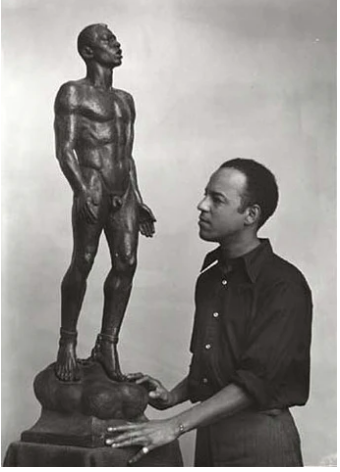
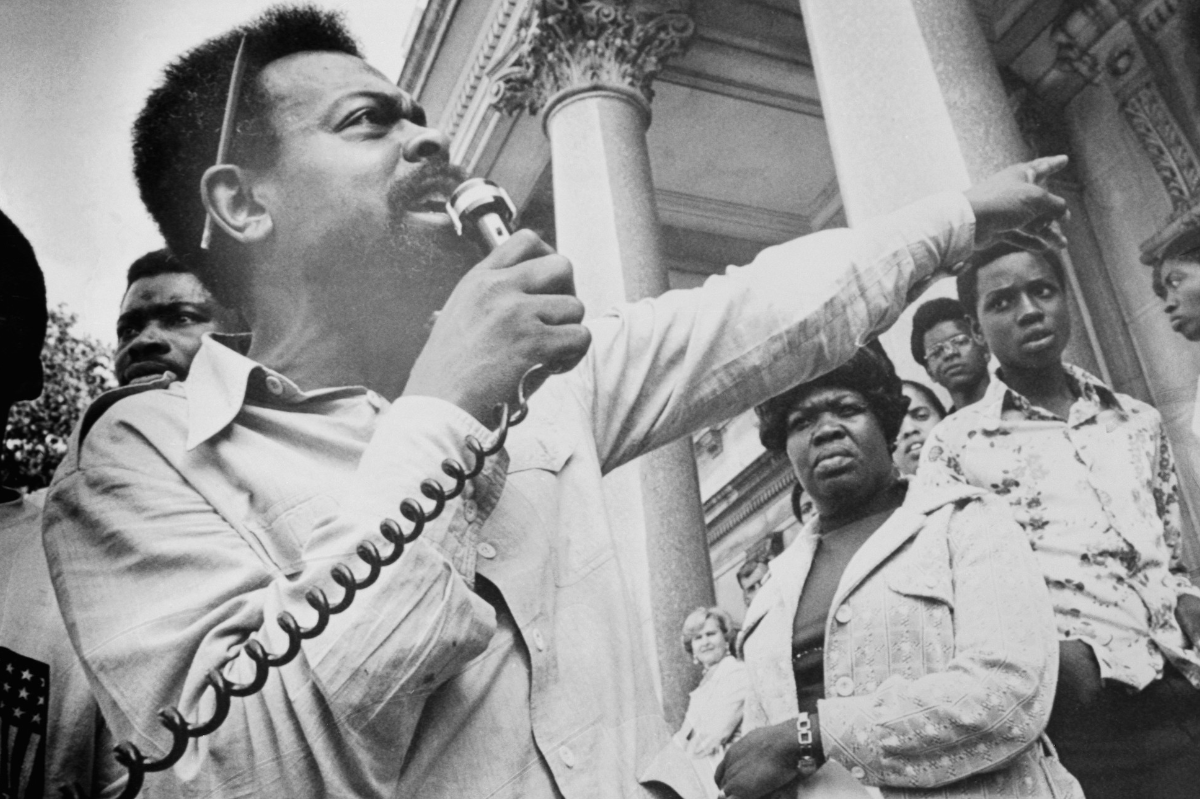
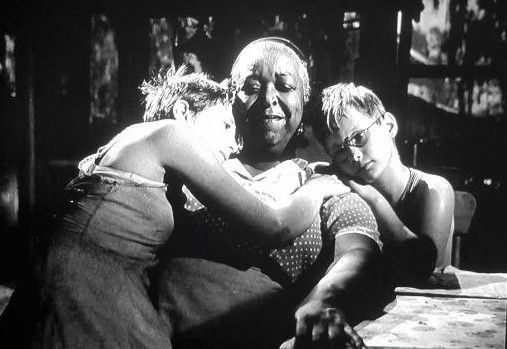
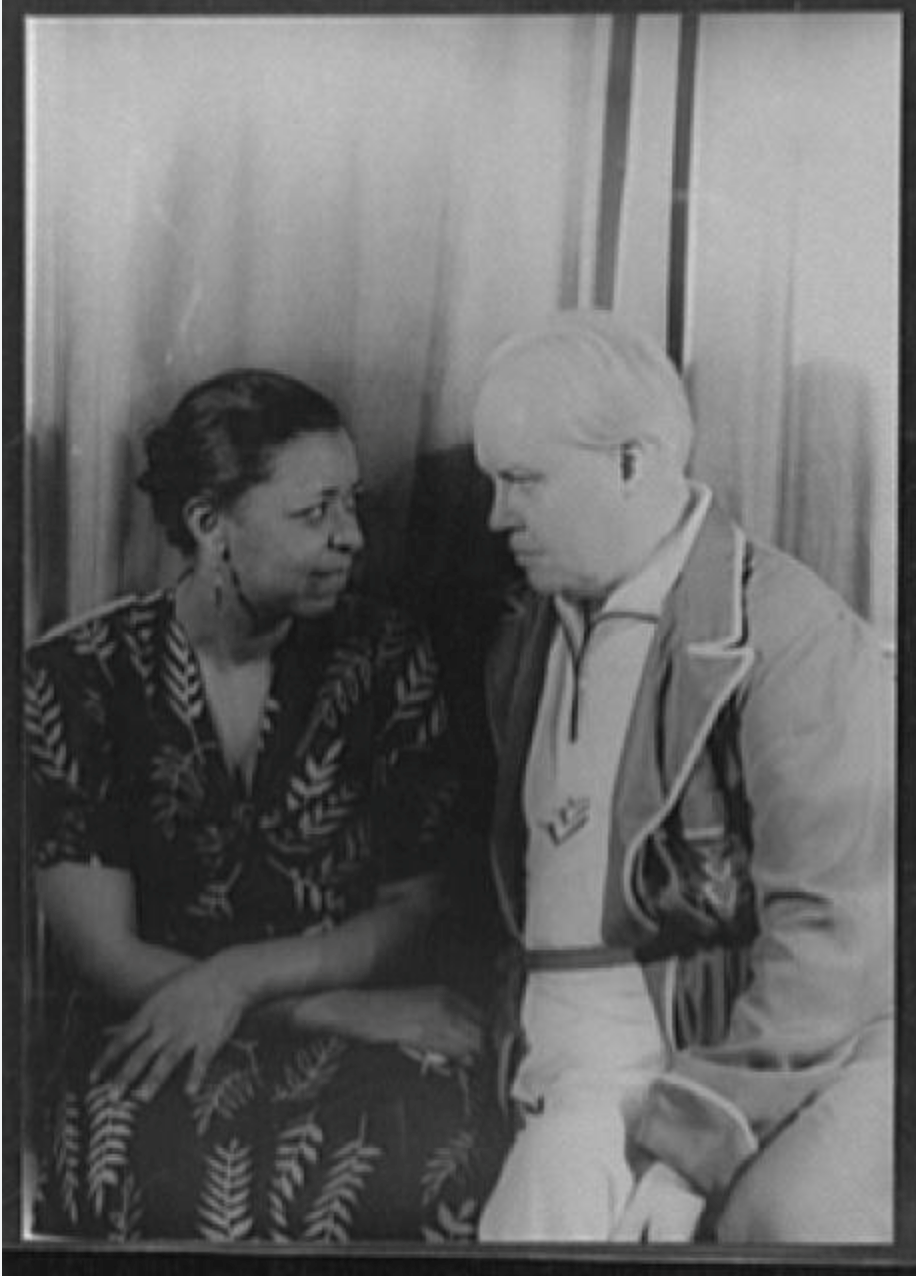
SHOGA FILMS is a 501(c) (3) non-profit production and education company. We create multimedia works around race and sexuality that are intended to raise awareness and foster critical discussion.
Contact Us
All Rights Reserved | Shoga Films
Stay Connected
Thanks for subscribing!
Please try again later.

